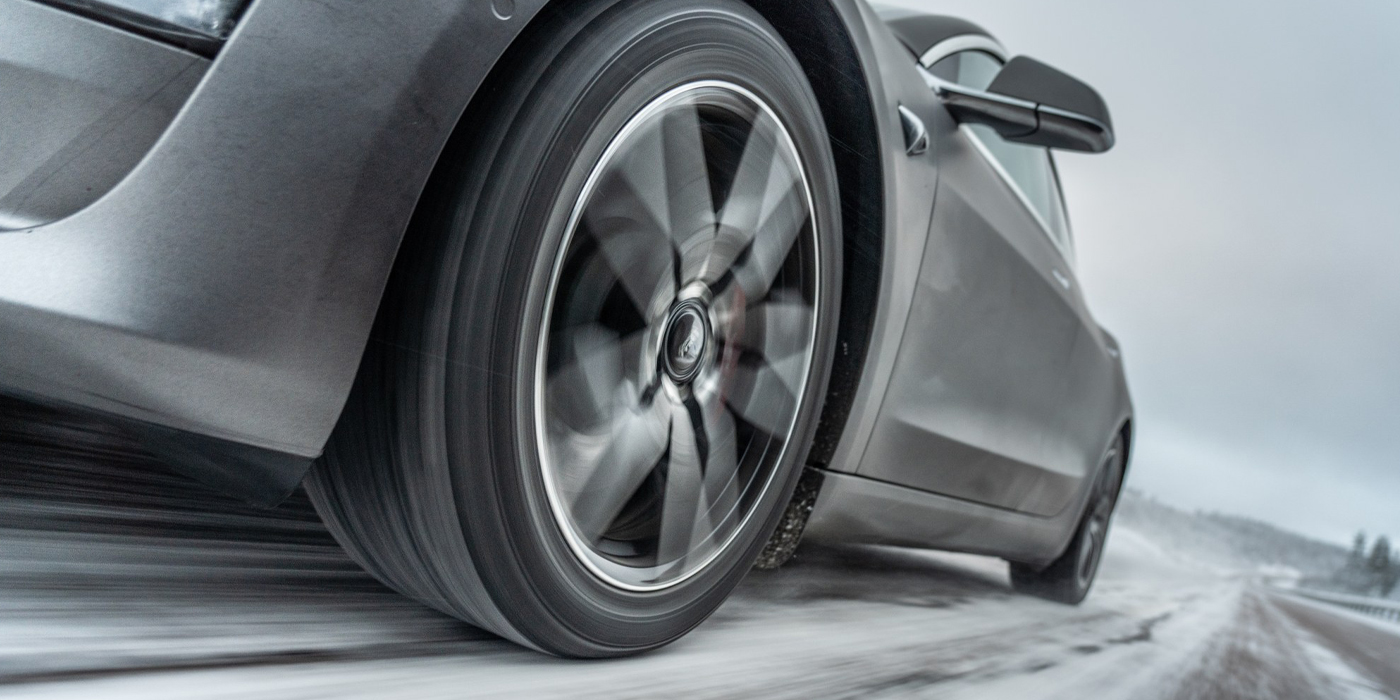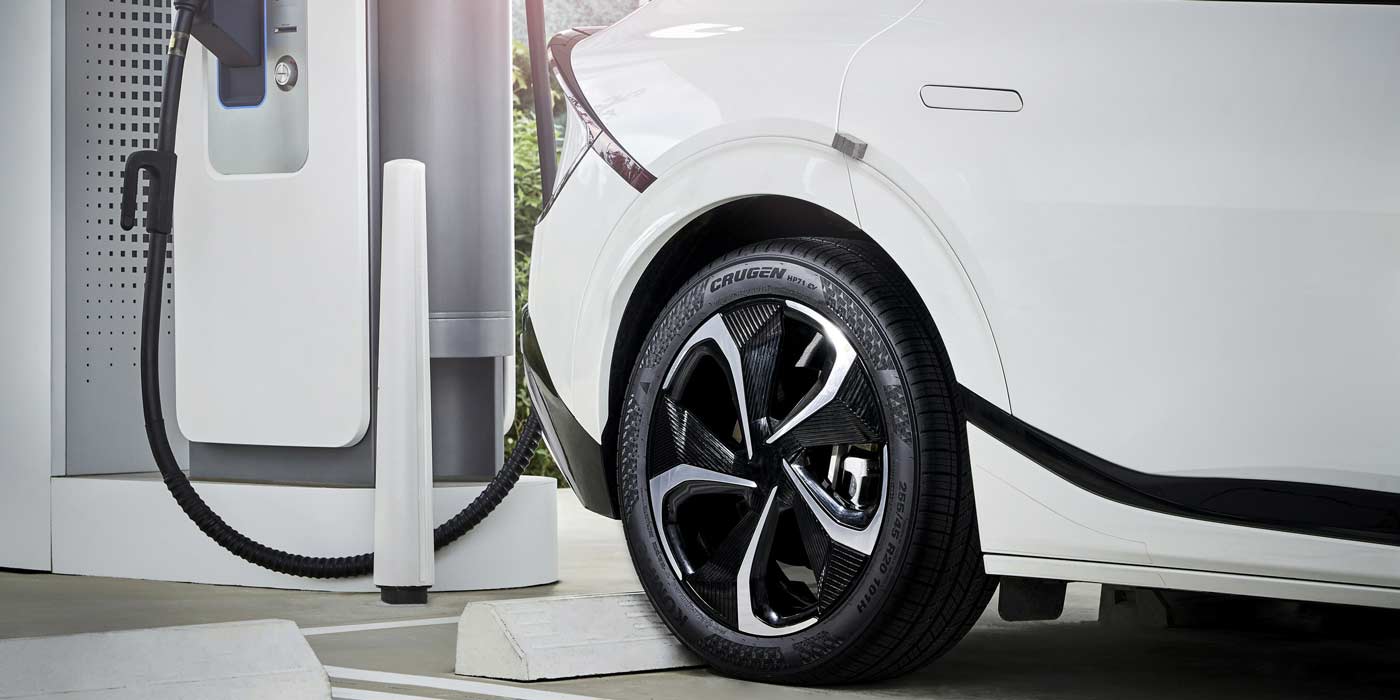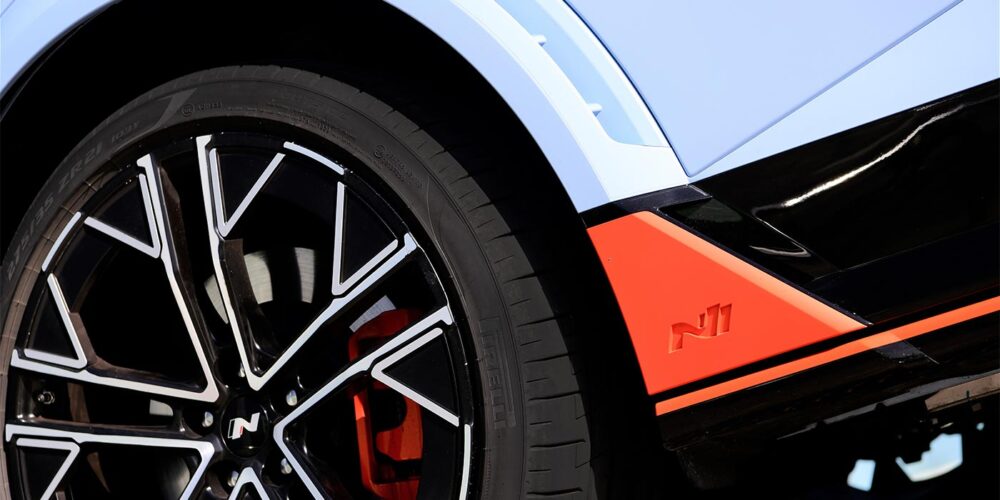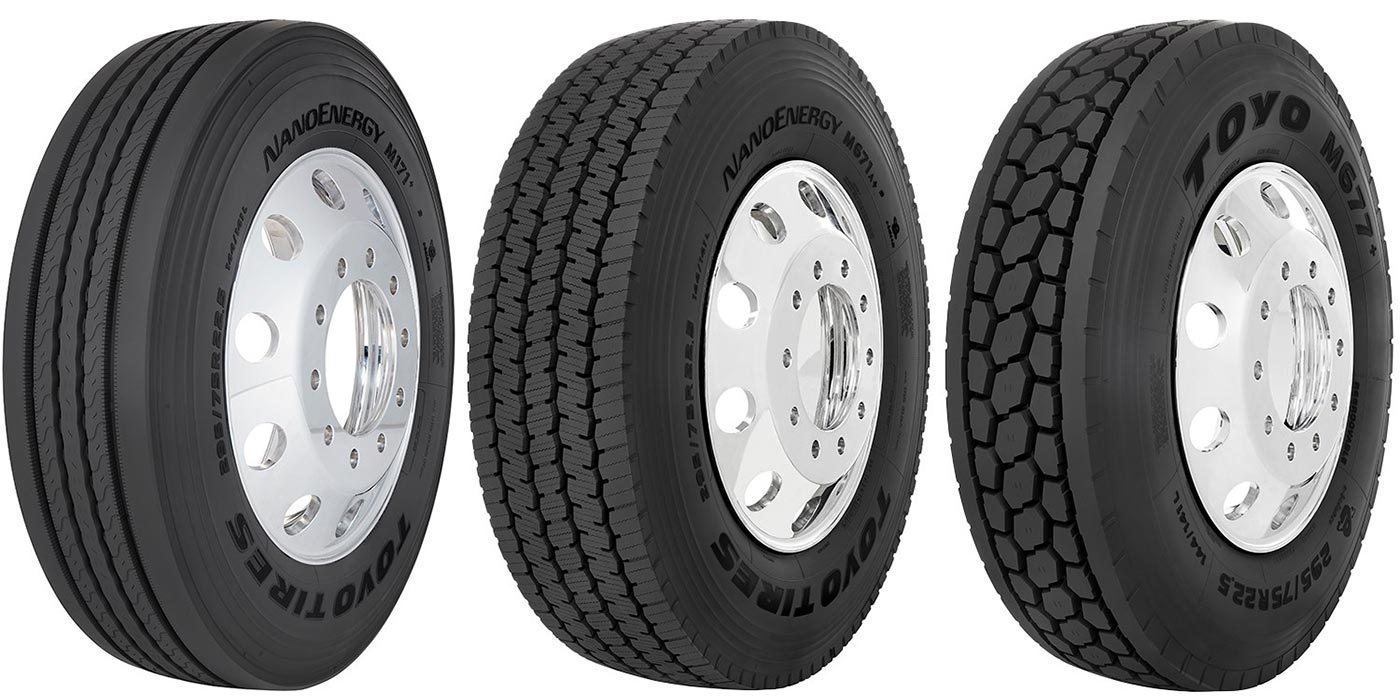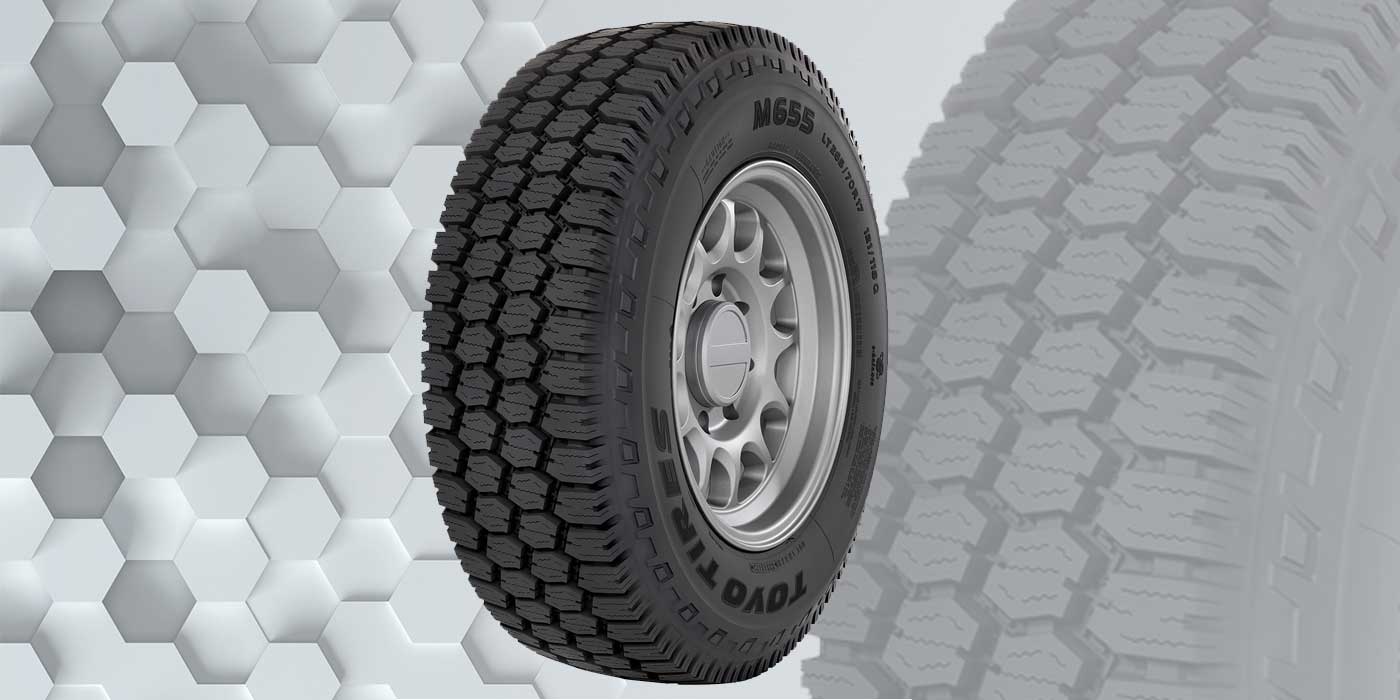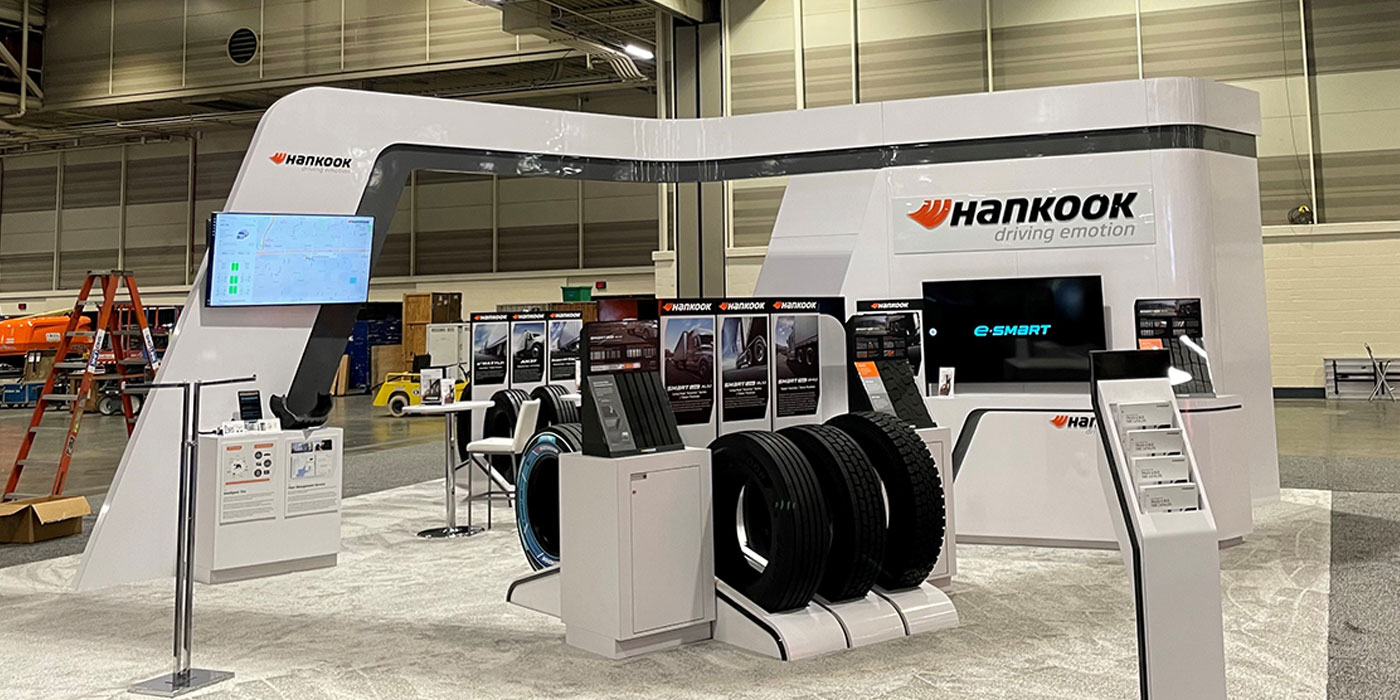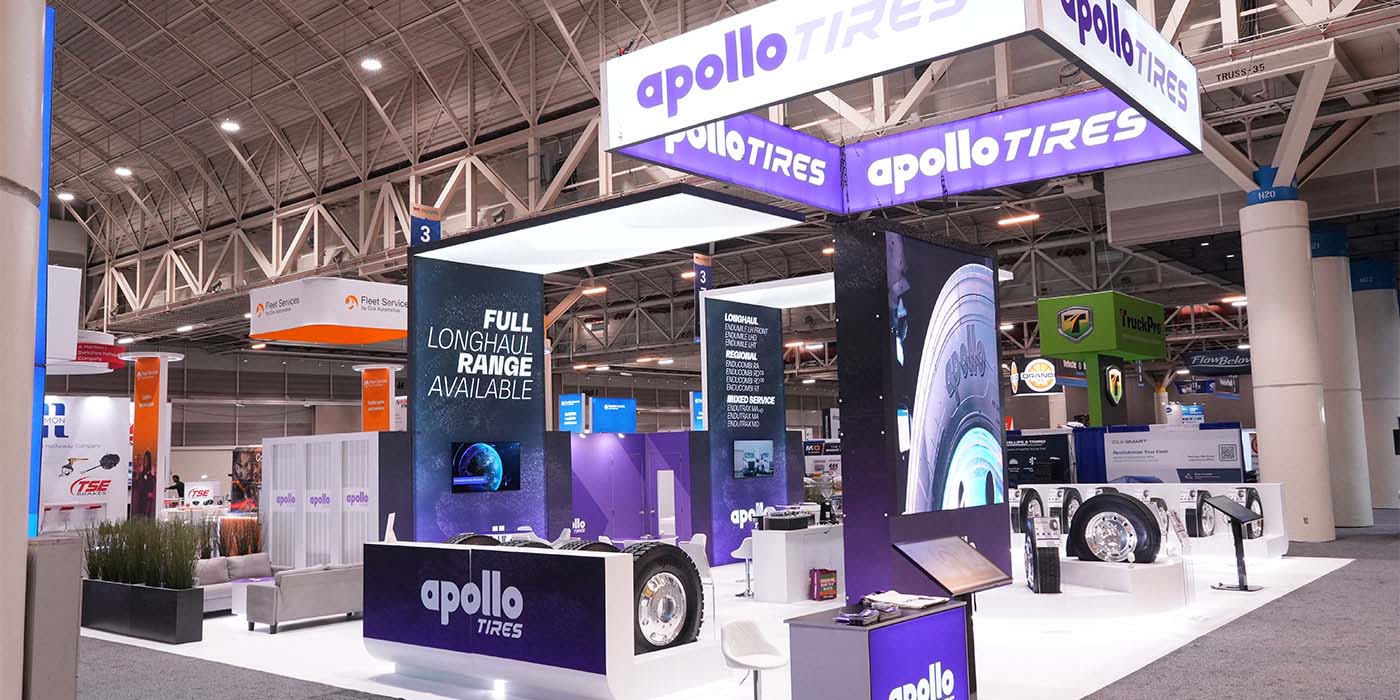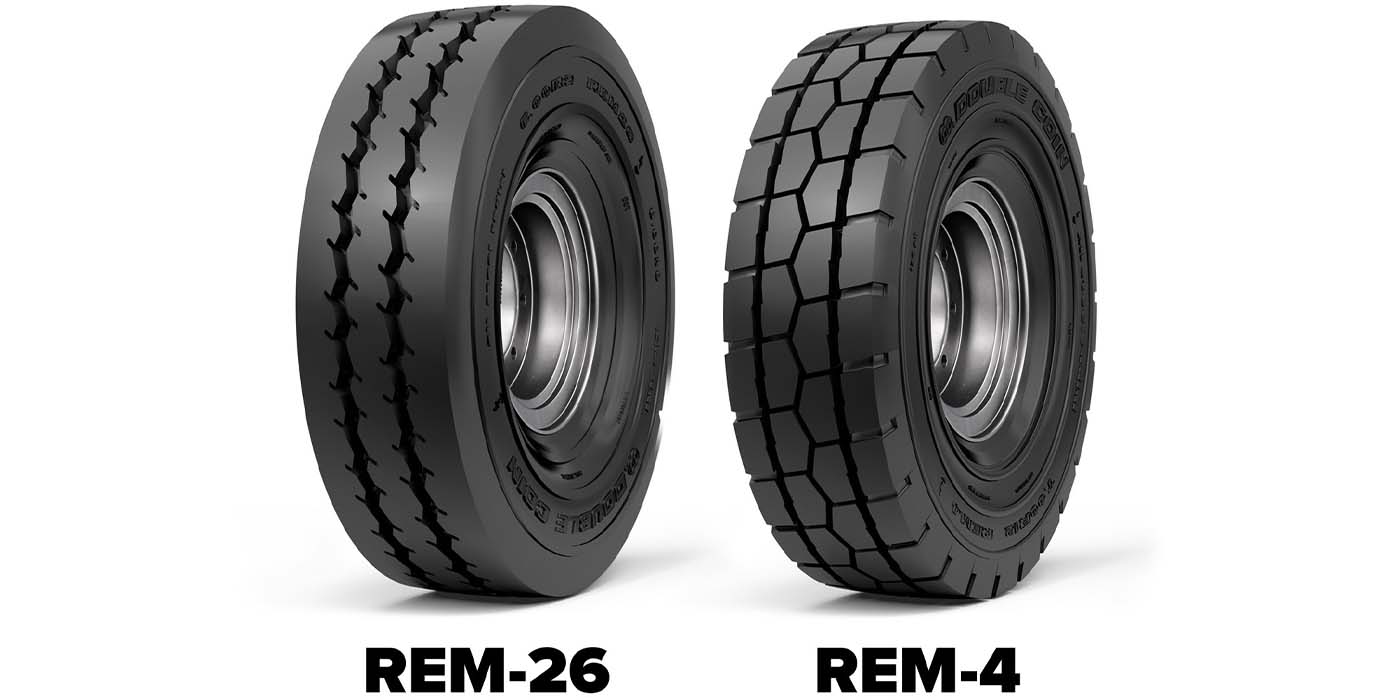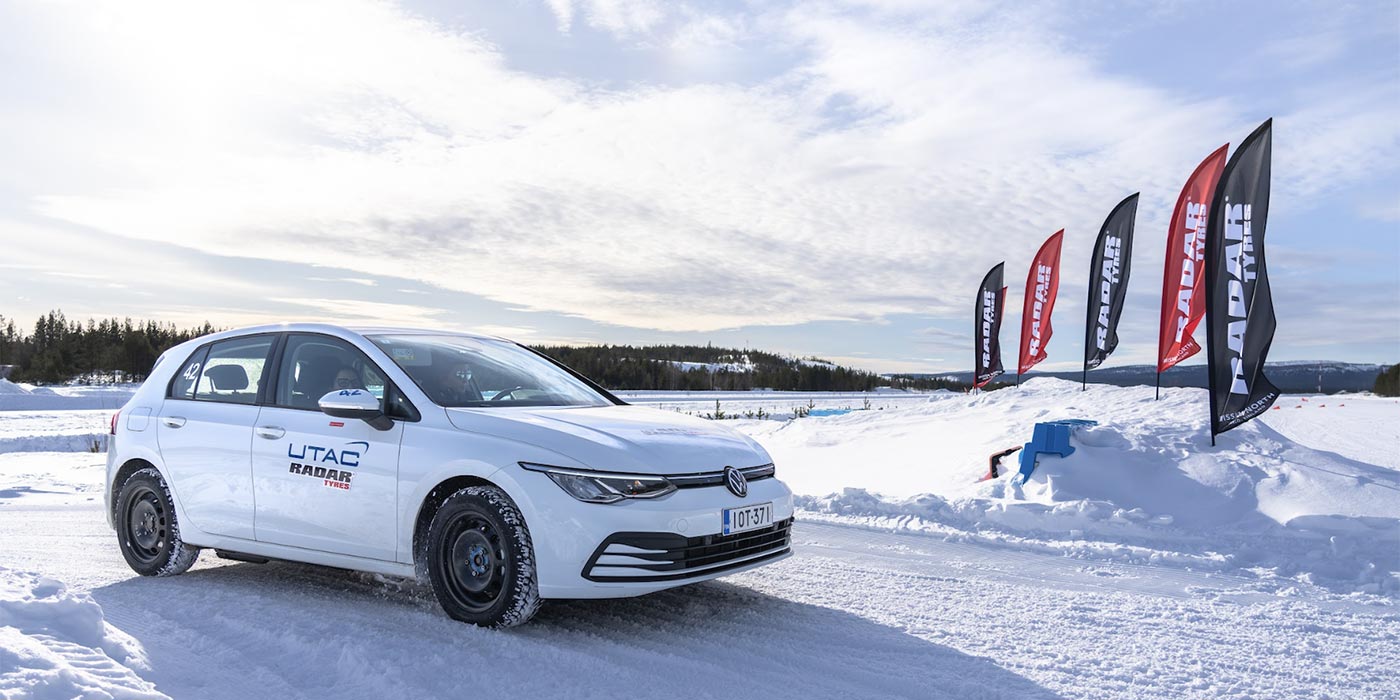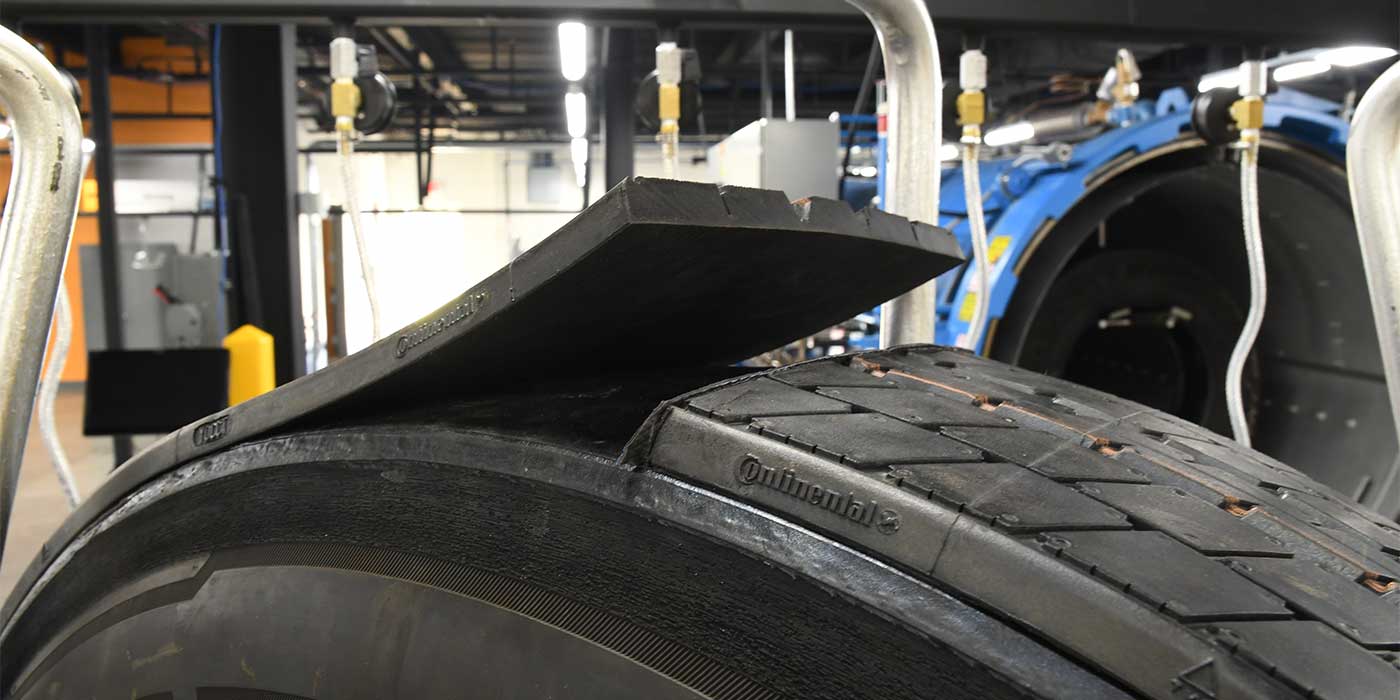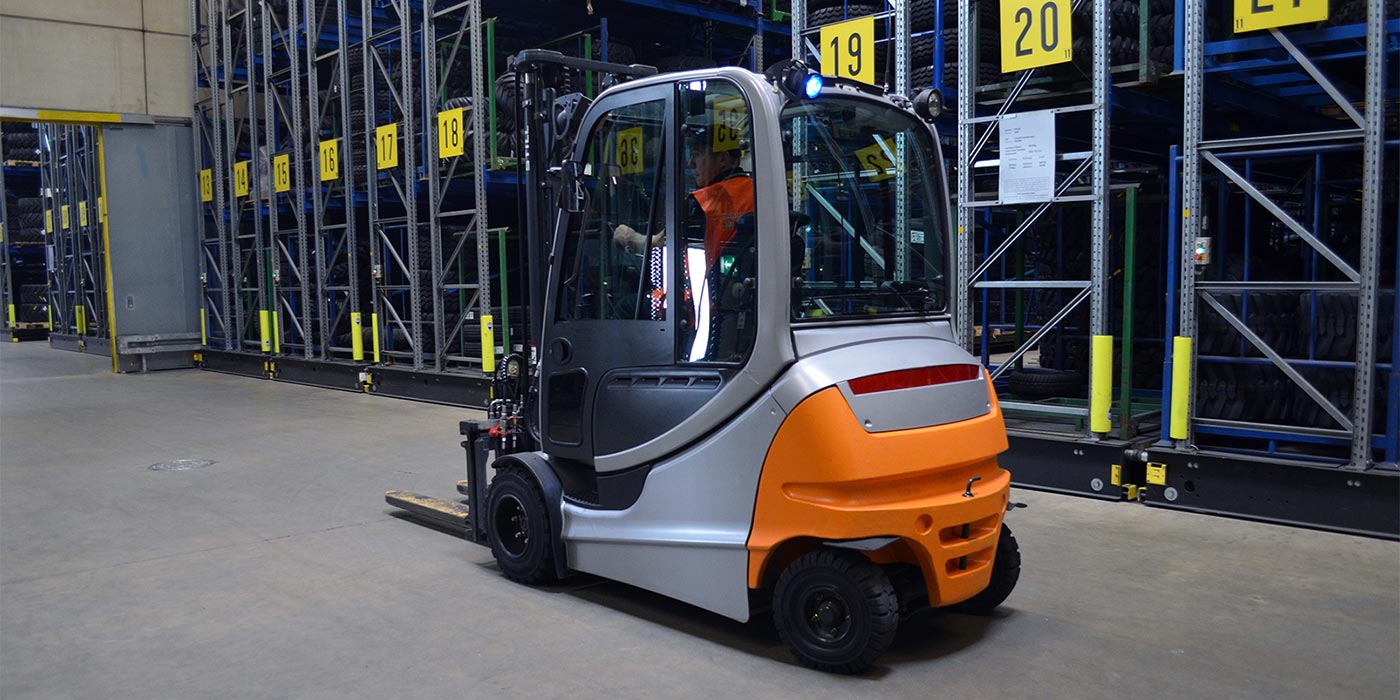In case you haven’t noticed, truck tires with new names are starting to appear where only well-known brands have tread.
Historically, there have always been unfamiliar (and usually inexpensive) entries into very mature, shrinking market segments. A perfect example of this are the tube-type bias-ply tires that were fitted to container chassis just prior to conversion to radials.
Most of those bias tires were imported from India or China, and this volume has shrunk approximately 75% over the past five years. However, for the most part, the commercial, over-the-road truck tire market has been dominated by a small number of brands.
Prior to the radial tire shortage of 2000-05, three major brands accounted for more than four-fifths of the OE radial tire fittings. The replacement market historically has been more fragmented, but only a handful of brands accounted for most of the volume. This is in sharp contrast to the consumer (passenger car) tire market, where an alphabetic listing of brands is lengthy.
A combination of factors, including labor costs, capitalization of new-generation plant machinery, corporate investment in developing countries, and the relative value of international monetary currencies is poised to redefine the truck tire market, specifically with more imports. This won’t happen overnight, since large tires are expensive to ship, and the technology for designing and manufacturing truck radials is concentrated among a few companies.
Fleet managers and dealer should not lose sight of the many factors that can make tire brand choice either wise or regrettable.
There is nearly universal acceptance among experienced tire buyers, which believe that interests are best protected by using a lifecycle cost approach. This includes original treadlife, casing durability, retreadability, warranty protection and compatibility with other tires in the fleet. There also are other “soft” properties, such as technical support, replacement tire availability over the road, fuel economy, repairability, and residual casing (trade-in) value that are part of the total cost equation. Initial price also is important and is the single component most likely to create interest in some imported tires in the near-term.
“Import” has several different meanings. All major manufacturers import some of their primary brand name tires, usually to concentrate the manufacture of low volume size/type items in one production location or to balance volume demands among global OE and replacement markets.
Secondly, several major manufacturers import small quantities of second- or third-tier brands supplementing primary lines to offer a “good,” “better” and “best” approach to marketing. Most of these tires are sold through price-sensitive aftermarket channels, yet contain most, if not all, of the major brand technology and materials. Warranty and availability are often distinguishing characteristics.
The third, and more recent, type of radial tire imports are from new global or localized foreign manufacturers seeking to tap the large North American truck tire market. The volume of these shipments has increased more than 90% during the past five years, with the highest volumes currently coming from China, Japan, Thailand and South Korea. Some of the more traditional “imports,” namely those from manufacturers established in North America, are currently arriving from the U.K., France, Brazil, Germany, and Spain.
Savvy tire buyers need to appreciate the potential differences among the increasing variety of imports. Wide-ranging choices are basically good and the product of a free-market economy. Those choices, however, come with a significant responsibility to review the array of features, benefits, risks and overall costs, some of which have yet to be established. Whoever said the trucking industry was short on opportunities?

